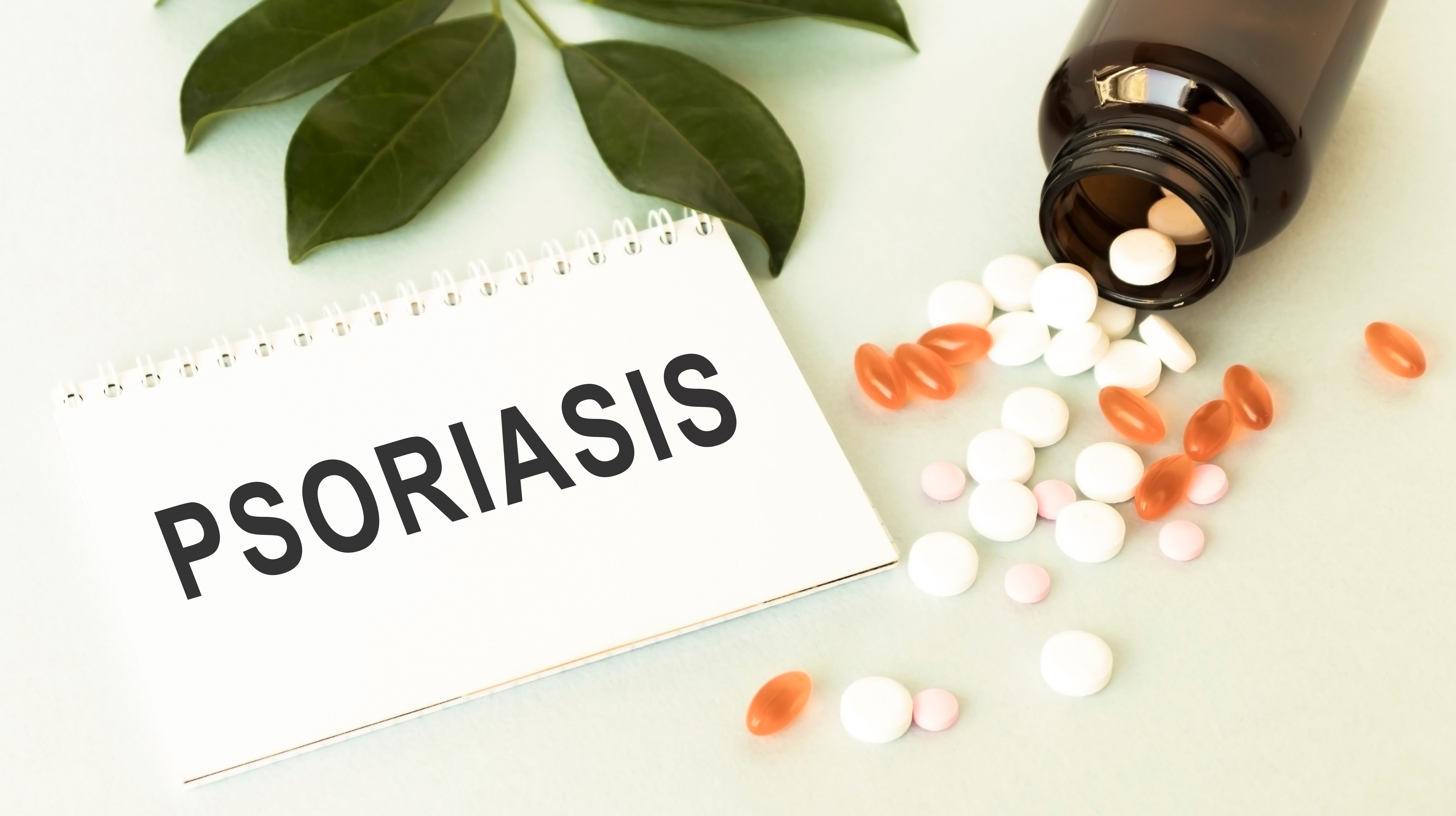- Center on Health Equity & Access
- Clinical
- Health Care Cost
- Health Care Delivery
- Insurance
- Policy
- Technology
- Value-Based Care
Women Have Lower Drug Survival With Biologics for Psoriasis, Including IL-17 and IL-23 Inhibitors
Biologics for psoriasis had lower drug survival in women compared with men, according to one study.
Women with psoriasis may be more likely than men to discontinue biologic treatments, including newer options like IL-17 and IL-23 inhibitors, due to differences in treatment satisfaction and adverse events (AEs), according to one study.1
The prospective, multicenter study is published in the Journal of Psoriasis and Psoriatic Arthritis.

“Female sex was associated with shorter overall drug survival for all biologics combined and with AE- and ineffectiveness-related drug survival,” wrote the researchers of the study. “For the IL17i/IL23i group, female sex was associated with shorter overall drug survival and shorter ineffectiveness-related drug survival, but not with shorter AE-related drug survival.”
In psoriasis and psoriatic arthritis, men generally show greater treatment response compared with women, particularly with tumor necrosis factor (TNF) inhibitors and IL-17/23 inhibitors.2,3
Similarly, this study aimed to investigate sex-specific differences in drug survival and other treatment outcomes of biologics in patients with psoriasis.1
The researchers used data from the Dutch BioCAPTURE registry, a database that tracks biologic treatment outcomes in patients with psoriasis. To assess sex-based differences in drug survival, Kaplan-Meier curves were generated and stratified by sex and specific reasons for treatment discontinuation. Cox regression models adjusted for potential confounders were applied to evaluate the association between sex and drug survival. AEs leading to treatment discontinuation were also compared between women and men.
Additionally, the researchers investigated changes in Psoriasis Area and Severity Index (PASI), Treatment Satisfaction Questionnaire for Medication (TSQM) scores, and Dermatology Life Quality Index (DLQI) scores across sexes.
The study analyzed 744 treatment episodes in 428 women and 1069 episodes in 703 men. Across all biologics, female sex was consistently associated with shorter drug survival, including overall, AE-related, and effectiveness-related discontinuations. When focusing specifically on IL-17 and IL-23 inhibitors, women still showed shorter overall and effectiveness-related drug survival, although no significant sex difference was observed for AE-related discontinuation.
Patient-reported outcomes from TSQM revealed that women reported experiencing AEs more frequently and expressed lower overall treatment satisfaction compared with men. However, no significant sex-based differences were found in clinical response as measured by PASI or in quality of life as assessed by DLQI during the first year of treatment.
However, the researchers noted some limitations to the study. Due to limited patient numbers, corrected analyses for individual biologic agents were not possible, which may have obscured drug-specific patterns in sex-based differences. Additionally, the impact of sex on treatment outcomes may have been subject to the influence of unmeasured confounding variables.
Despite these limitations, the researchers believe the study provides insights in sex-differences for treatment outcomes of biologics for psoriasis, including data of the newer IL-17 and IL-23 inhibitors.
“Biological therapy in general, and specifically for IL17i and IL23i, showed lower drug survival rates for females than males,” wrote the researchers. “This might be related to the sex-differences we found for AEs and treatment satisfaction with biologics. In order to improve treatment results in clinical practice for women, further clarification is needed regarding AEs and the reasons why females experience effectiveness of their biologic differently.”
References
1. Barenbrug L, Van Der Molen RG, Maurits J, et al. Lower drug survival, less satisfaction and more adverse events in females using biologics for psoriasis: Results of the Dutch BioCAPTURE registry. J Psoriasis Psoriatic Arthritis. Published online April 2025. doi:10.1177/24755303251327926
2. Dang S, Wither J, Jurisica I, et al. Sex differences in biomarkers and biologic mechanisms in psoriatic diseases and spondyloarthritis. J Autoimmun. 2025;152:103394. doi:10.1016/j.jaut.2025.103394
3. Højgaard P, Ballegaard C, Cordtz R, et al. Gender differences in biologic treatment outcomes—a study of 1750 patients with psoriatic arthritis using Danish Health Care Registers. Rheumatology. 2018;57(9):1651-1660. doi:10.1093/rheumatology/key140
Psoriasis as an Inflammatory Disease, and What’s Changed Over Time
August 3rd 2021August is National Psoriasis Awareness Month, and on this episode of Managed Care Cast, we bring you an excerpt of an interview with a New Jersey dermatologist about the changing concept of psoriasis as more than just a skin disease.
Listen
